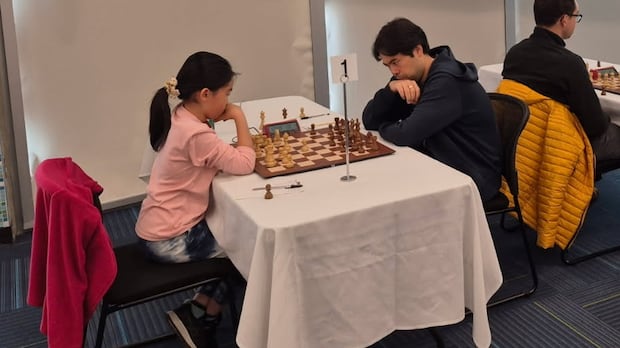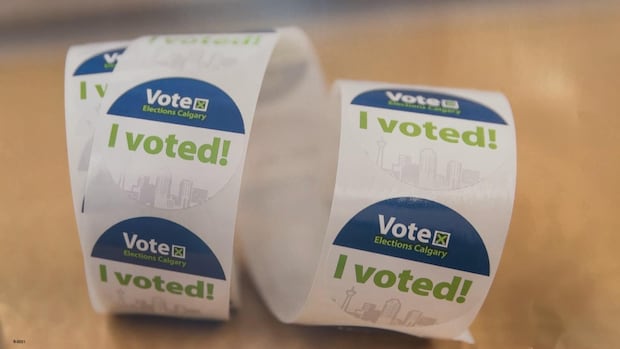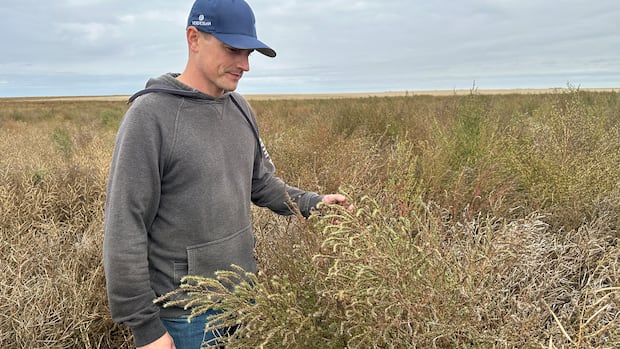The decision to revoke a controversial MAGA-supporting performer’s permits to hold events on public property has sparked a debate about who should be allowed to perform in public spaces.
Sean Feucht is a religious singer from the U.S. who has expressed anti-diversity, anti-2SLGBTQ+ and anti-women’s rights views on his platforms.
He was scheduled to perform at the York Redoubt National Historic site in Halifax on Wednesday, but amid backlash from the public Parks Canada cancelled his permit, citing safety concerns.
Soon after, Feucht’s permits for events on public property in Charlottetown, P.E.I., Moncton, N.B., and parts of Quebec were also cancelled.
Cameron Cassidy, the executive director of Pride P.E.I., said the City of Charlottetown “absolutely did the right thing by revoking that permit. I think that just shows a lot of respect for the queer community on their end.”
But not everybody agrees.
James Turk, the director of the Centre for Free Expression at Toronto Metropolitan University, said the decision to remove a permit raises a red flag.
“I think we should all be concerned whenever there is a demand that somebody’s right to speak is taken away, a permit withdrawn, a booking in a venue cancelled,” Turk said in an interview on Thursday.
Amplifying messages
Turk said the price of democracy is living with viewpoints that we don’t like or agree with as well as ones we do like.
“In Canada, generally, we recognize the foundation of democracy is an ongoing public discourse about what’s legitimate, what’s not legitimate,” Turk said. “And that means we tolerate a wide range of perspectives and views, and we sort things out in our heterogeneous society by listening to different views, arguing against them or ignoring them or boycotting them, but not by censoring them.”
Turk said attempts to censor someone like Feucht could end up amplifying his message.
“I never heard of this guy. I suspect 99.99 per cent of your listeners never heard of him. But now we’re talking about it. He could be on national news. He’s being covered. So he’s gotten publicity out of this that he could never afford to buy. So whoever was objecting to him has done him a huge favour,” Turk said.
Matthew Taylor, a senior Christian scholar at the Institute for Islamic, Christian and Jewish Studies who has written about Feucht, agrees.
“He’s been doing these provocative, in your face, intentionally trying to draw a response from local officials, even trying to get barred or banned. And then he presents that as persecution, that he is the victim of anti-Christian bias,” Taylor said.
Feucht did end up performing in Nova Scotia on Wednesday. The event was held on property in Shubenacadie, N.S., belonging to Christine and Neil Barr. Both are pastors affiliated with a religious group called Lighthouse Ministries.
“He was here and had no political agenda, just the gospel and his love for Canada,” Christine Barr told CBC News.
Leading up to the performance, the Barrs said they received hundreds of messages from people who opposed the Feucht show.
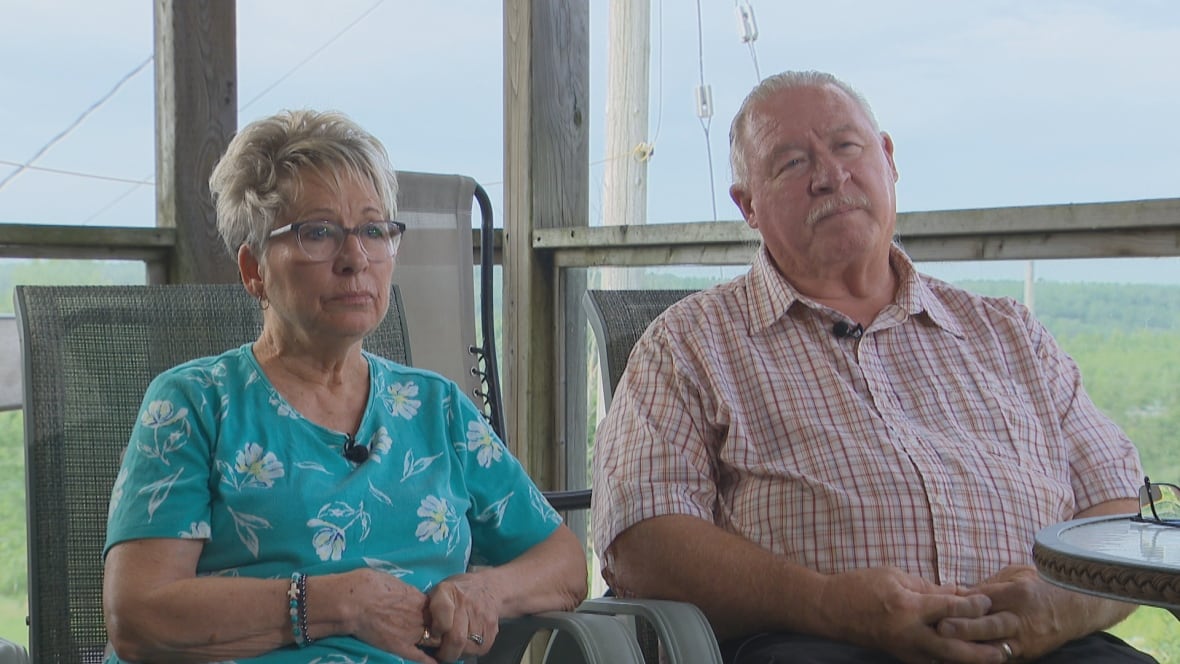
“A lot of very hateful emails, texts to say that we were allowing a fascist on our property and that we should know better and the Christianity that we were showing was not love, it was hate and that we were racists. Some people even cursed ill health upon us,” Christine Barr said.
The Barrs said some people showed up to protest the show.
In response to the backlash, Feucht put out a statement.
“Here’s the hard truth: If I had shown up with purple hair and a dress, claiming to be a woman, the government wouldn’t have said a thing. But to publicly profess deeply held Christian beliefs is to be labelled an extremist and to have free worship events classified as ‘public safety risks.'”
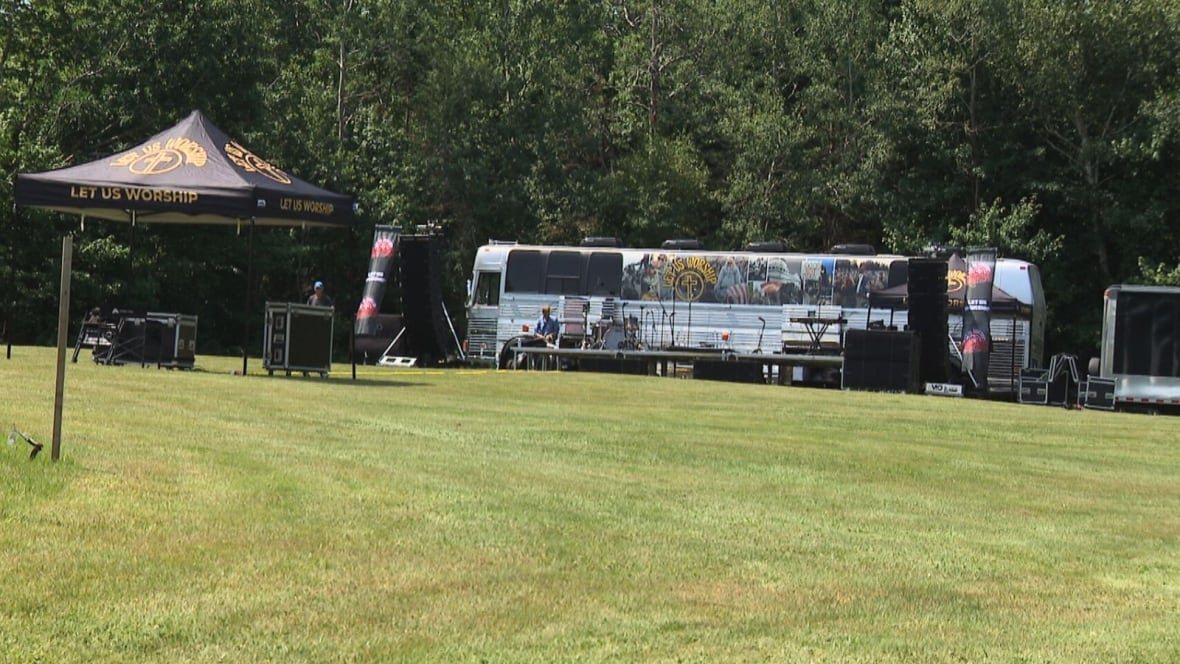
Opponents of the Feucht show at York Redoubt had voiced opposition to it because they said it went against Parks Canada’s guiding principles of inclusion and safety for all visitors.
Turk said while some people may not feel safe having someone like Feucht performing in their community, there is no protection for “subjective feeling of safety.”
“We have an absolute obligation of society to make sure people are physically safe. In other words, not subject to violence or threats of violence, but because somebody says something I find hateful is not a justification for silencing that person,” Turk said.
“I can argue with them. As I say, I could ignore them, I can encourage people to have nothing to do with them, but I don’t have a right to silence them.”



